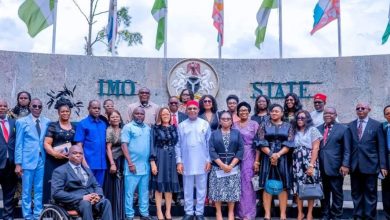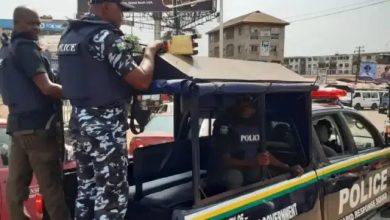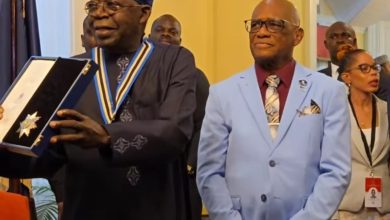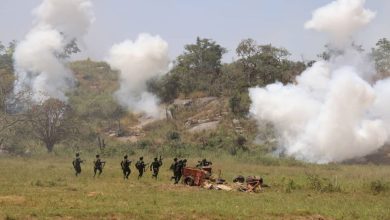Ebonyi Shuts Down 283 Substandard Schools in Two Years, Launches Major Educational Infrastructure Drive
Ebonyi State has shut down 283 illegal schools in a sweeping move to clean up its education sector and protect young learners.
Commissioner for Education, Prof. Paul Nwobasi, says only institutions that meet government standards will be allowed to operate as part of ongoing education reforms.
The Ebonyi State Government has intensified its efforts to sanitize the education sector, sealing no fewer than 283 illegal and substandard primary and secondary schools across the state over the past two years. The action, aimed at improving the quality of education and safeguarding the future of young learners, was confirmed by the State Commissioner for Education, Professor Paul Nwobasi, during a media briefing in Abakaliki on Thursday, June 5.
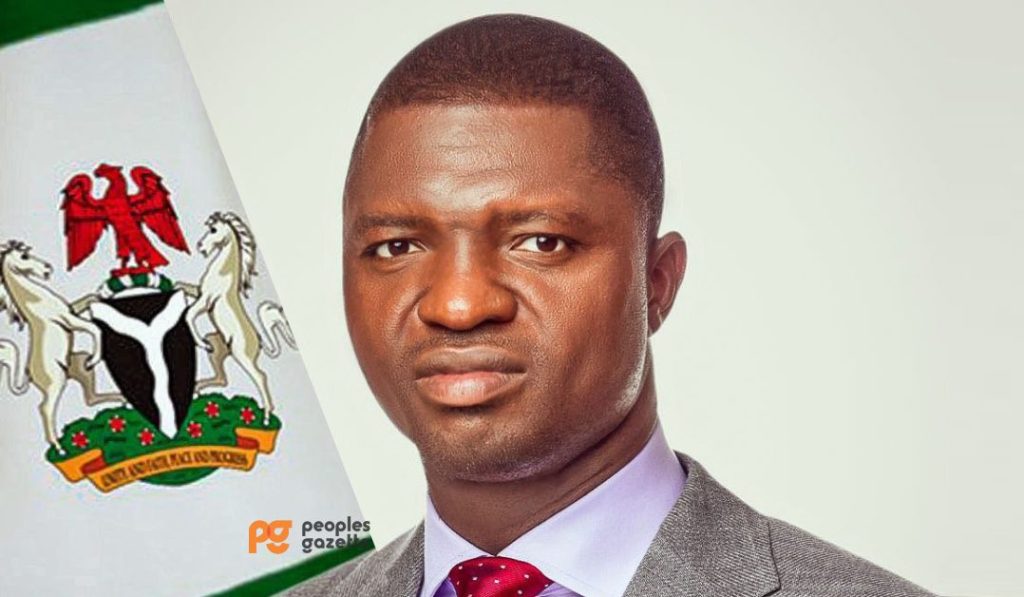
According to Prof. Nwobasi, the shutdown affected schools spread across various communities in the state. He emphasized that the government is determined to rid the education sector of subpar institutions that fail to meet the minimum requirements set by the Ministry of Education. These institutions, he noted, were operating without government approval and lacked the necessary infrastructure, qualified personnel, and standard curriculum expected of functional schools.
“The proliferation of these illegal schools has become a source of grave concern,” Nwobasi stated. “Many of them are not just unapproved but also run in conditions that are unfit for proper learning. This situation is unacceptable, and we will not allow it to continue.”
He issued a stern warning to proprietors of such unaccredited schools, urging them to either close down their operations or engage with the state’s Ministry of Education to begin the process of proper registration and standardization. He maintained that any private individual or organization intending to operate an educational institution in the state must comply with all regulatory guidelines, including infrastructure, staffing, curriculum, and safety standards.
“The state is committed to delivering quality education to its citizens. That’s why we are taking these steps to ensure only schools that meet acceptable standards are allowed to function,” the Commissioner said.
In addition to cracking down on substandard schools, Prof. Nwobasi highlighted the state government’s significant investment in infrastructure across public schools. He revealed that 39 classroom blocks are currently under construction in secondary schools located in the state’s 13 Local Government Areas. These projects, he explained, are part of a broader strategy to create a conducive learning environment and ease overcrowding in public institutions.
“We are constructing 42 modern school blocks, which are nearing completion. These structures feature aesthetic designs that reflect the government’s commitment to quality and visual appeal in school architecture,” he noted.
He further disclosed that the primary education sector is also receiving attention. The state is building 36 new classrooms two per local government area to boost access to basic education in underserved communities.
These developments, he stressed, are part of Governor Francis Nwifuru’s broader educational reform agenda under the “People’s Charter of Needs,” which prioritizes access to inclusive and high-quality education for all children in Ebonyi State.
Prof. Nwobasi concluded by encouraging community members, education stakeholders, and parents to support the government’s efforts by reporting illegal schools and advocating for standard education in their localities.
“Our children deserve better. And it starts with giving them schools that are safe, well-equipped, and capable of providing the knowledge and skills they need to thrive,” he added.
